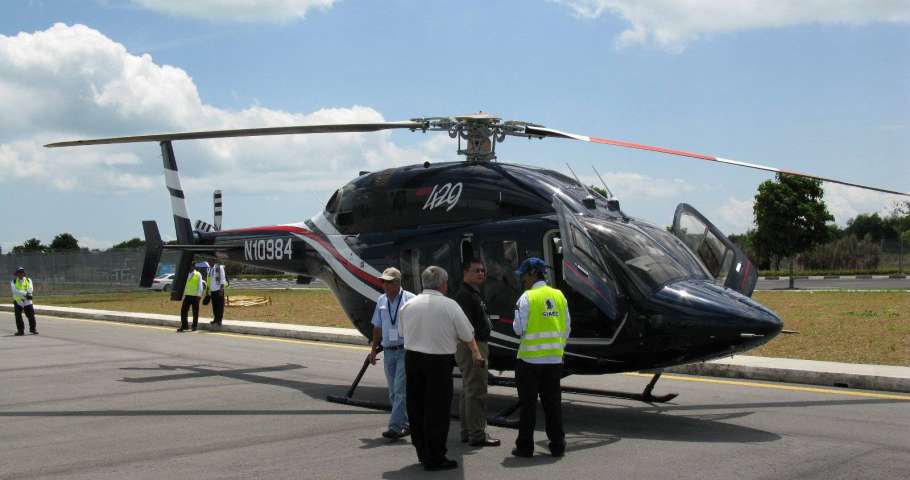The Ministry of Commerce and Industry, Department of Industrial Policy and Promotion (“DIPP“) issued a notification on October 26, 2015 publishing the draft Patents (Amendment) Rules, 2015 (“Draft Rules“) seeking to further amend the Patent Rules, 2003 (“Patent Rules“).
The notification dated 26 October 2015, published on IP India invited comments on Draft Patent (Amendment) Rules, 2015. We have submitted our recommendations and suggestions to the Ministry and are awaiting to see positive changes in the proposed rules.
In our submission we highly appreciated efforts of the Ministry of Commerce and Industry in improving the patent procedure. We commended the proposed rules on refund of official fee paid twice for one proceeding, the option of requesting expedited examination and expedited issue of certified priority documents, the revised timelines with respect to examination reports and response, the e-filing of all forms and the introduction of video conferencing for hearings. We noticed that certain provisions of the proposed rules are ambiguous and insufficiently detailed and hence suggested the following changes:
- Changes with respect to condonation of delay: Under the proposed rules, the Controller may condone the delay in transmitting or resubmitting a document to the patent office in case of either “war or natural calamity” under the constraint that the same has been declared as national emergency by the Government of the country. While the provision includes war and natural calamity as reasons for condonation of delay, it is our suggestion that the provisions give consideration to instances of Force majeure and not limit to the aforementioned grounds of war and natural calamity.
- Changes in specification: the inventor/applicant will be required to reference the drawings in the description and claims mandatorily. An invention may have several embodiments and in a case where not all embodiments are required to be shown in drawings, the figurative representation of every embodiment of an invention will only add excess pages to the application. Further, the requirement for reference in the claims section may increase the number of claims and will unnecessarily lead to narrowed/altered interpretation of the scope of a claim without otherwise considering the spirit of the invention. Thus, it was suggested that the requirement for references to the drawings in the claims and description section, be discretionary in nature
- Changes in timelines with respect to filing of response for first examination report: The proposed rule suggests that an applicant will ordinarily have four months to reply to the examination report from the date of issue of the First Examination Report. An applicant can file for an extension for a period of two months before the expiry of four months during which an applicant must ordinarily reply to the patent office. We suggested that the cumbersome requirement of filing an extension every time be replaced with the provision which will permit the applicant to file an extension retrospectively along with the response to the First Examination Report.
- Provisions relating to expedited examination: the request for expedited examination shall be considered only after fulfillment of the set conditions such as manufacturing the invention in India (at the time of filing the request or within 2 years of grant) and the time of filing a request for the expedited examination, submit a corroborating statement from a scheduled bank or authorised financial institution or certified auditor in India as an evidence in support of the possession of required capital as specified by the Central Government and manufacture as per quantities prescribed by the Central Government. the applicant must submit evidence in support of the possession of required capital as specified by the Central Government. However, with respect to the term “Capital as specified by the Central Government”, it is not made known as to where the capital has been / will be specified by the Central Government.
- It is not specified as to how the capital will be decided or the amount will be determined. If the same is decided, whether conditions and restrictions faced by each industry is considered. A uniform capital amount may not necessarily work given the variations of each industry.
- We suggested that the patent office in addition to following the policy of “first filed, first served”, gives priority to certain industries and in this regard, can expedite the examination of applications relating to certain specific technologies such as inventions made in the field of Green technology, Agriculture, dairy and food, life saving drugs, inventions for aiding differently-abled and other similar areas on a priority basis. The above mentioned proviso also uses the word ‘manufacture’ alone, in the context of request for expedited examination filed by a prospective manufacturer or an applicant.
- The expedited examination, as already mentioned, is a wonderful initiative by the Ministry and the Patent office. However, the expedited examination will fail in its purpose if it tends to follow the queue system similar to the one followed by an application under ordinary request for examinations (RFE). The official fee for expedited examination is rather high and will deter natural persons and other small applicants from pursuing the option. It is hence suggested that, the fees be made more reasonable.
- The proposed rules require the applicant who has filed request for expedited examination to furnish the statement of working. The only thing here is that the applicant has to mandatorily file a status report even though all the other required documentation (sworn in statement or affidavit that the invention will be manufactured in India) for making this request is submitted. This would make it cumbersome for the applicant. We suggest that submission of annual status report should not be made mandatory to avoid superfluous submission of forms containing same information.
- The proposed rule gives the controller a discretionary power to limit the number of requests for expedited examinations. This discretionary power may result in a pile-up of the requests if the controller limits the number. It is suggested that the no such discretionary power be made available, which may cause the patent grant process to lose momentum.
Our comments are suggestions are duly addressed and considered before the release of the final rules.
Authored by Nisha Kurian
Patent Portfolio team head
Contributed with the support of Patents Portfolio division at BananaIP, India
For further information on Patent filing and filing strategies, write to [email protected]



